VSD Closure Surgery Cost in India
Unlock Exclusive Discount : Your Gateway to Premium Healthcare with Medsurge India Health Value Card.

Unlock Exclusive Discount : Your Gateway to Premium Healthcare with Medsurge India Health Value Card.

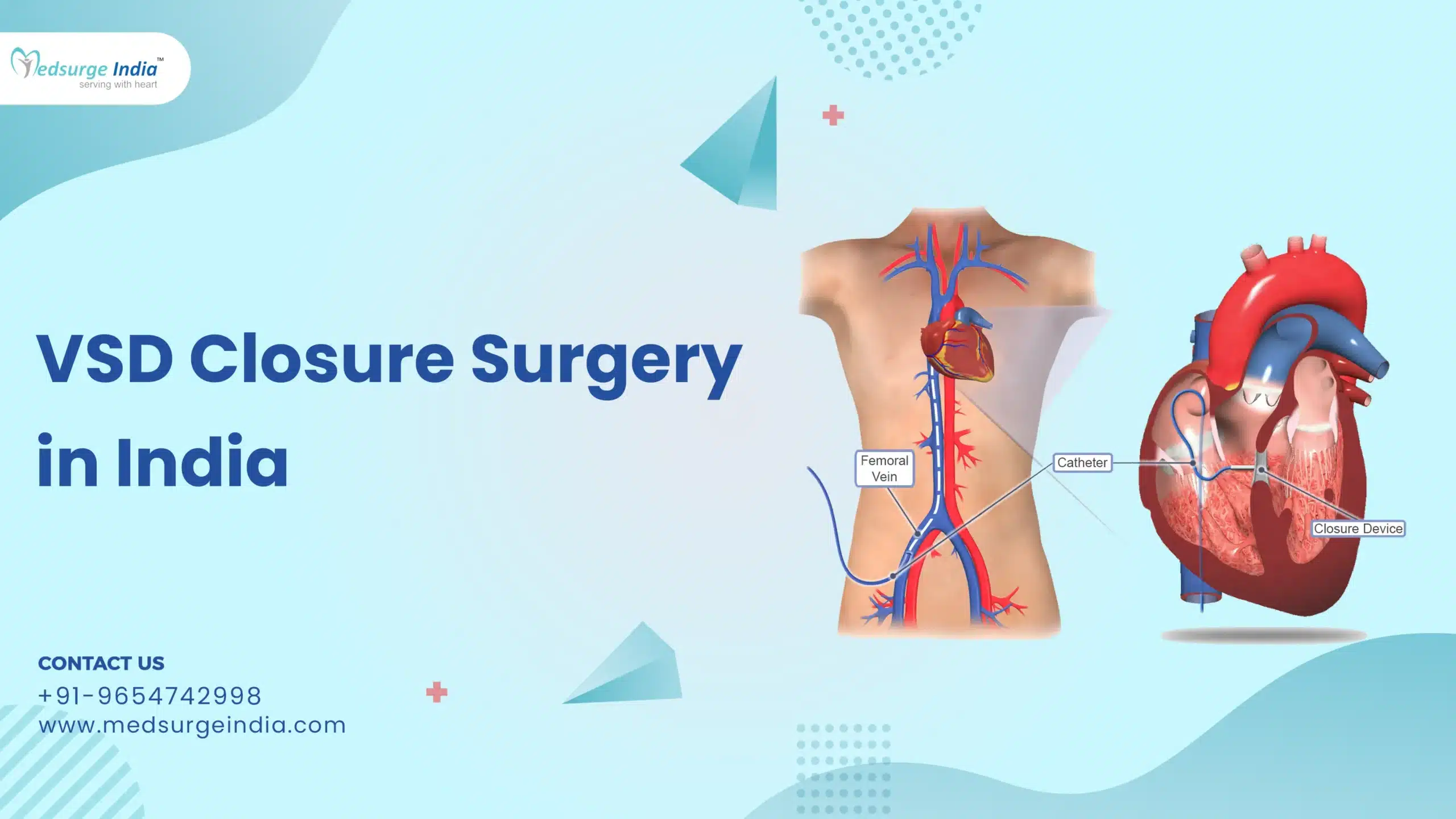
A ventricular septal defect (VSD) is often referred to as a hole in the heart. This condition may generally occur at the time of birth. In this congenital defect, the septum dividing the lower chambers of the heart, the ventricles, is not completely shaped leaving a gap or a hole. This gap allows some of the blood from the left ventricle to maneuver to the right side of the heart. The left ventricle in fact has oxygen-rich blood that must be provided to the rest of the human body. But due to this hole, it gets pumped back to the lungs which makes the heart work more to pump this excess blood all over again.
A small ventricular septal defect might cause no problems, and lots of small VSDs close by themselves. Medium or larger’s may require surgical repair early in life to prevent complications.
A ventricular septal defect (VSD) is normally a condition since birth. Genetic or inherited diseases like Down’s syndrome is also related to the ventricular septal defect (VSD). There are particular disorders that pregnant women may be vulnerable to which may be an explanation for ventricular septal defect (VSD) from the unborn children. Other motives may incorporate some prescription drugs, rubella (German measles), or uncontrolled diabetes.
The most common symptoms of the ventricular septal defect (VSD) are as follows:
There’s a chance that the majority of the aforementioned symptoms may be regarded as another disorder completely. It might be perceived that it’s some kind of lung disease or the generic signs of aging or physical activity.
The most commonly Pioneered Evaluations to diagnose the possibility of ventricular septal defect (VSD) Contain:
There are a variety of procedures that can be followed to treat or manage ventricular septal defect (VSD), depending upon its severity.
Particular minor congenital heart defects found in adults won’t need any therapy as such. However, these patients need to enroll themselves for routine heart check-ups to be sure that the flaw isn’t getting severe as time passes.
Medicines may be used to take care of some small septal defects so as to help your heart work better. These medications are given to achieve the following outcomes:
Not all medications can have exactly the exact same response for all sorts of ventricular septal defects. There’s a risk that some of the drugs that are helpful in treating a certain kind of septal defect can make another kind of septal defect worse.
Patients experiencing ventricular septal defect (VSD) are at a risk of a disease, called endocarditis. This is possible even when their flaw was fully cured.
Know More – Closure of defects like ASD VSD Cost in India
The average VSD Closure Surgery Cost in India ranges from 1.5 Lakh to 4 Lakh (1800 USD to 4800 USD). For VSD Closure Surgery in India, the expenses are subject to variation based on the patient’s condition and the specific treatment approach chosen by the doctor following the results obtained.
| Cities | Starting Price |
| Delhi | 1800 USD |
| Gurgaon | 1700 USD |
| Noida | 1500 USD |
| Mumbai | 1700 USD |
| Hyderabad | 1500 USD |
| Chennai | 1900 USD |
| Kolkata | 1600 USD |
| Bangalore | 1800 USD |
Please note that the pricing and the treatment for VSD Closure Surgery cost in India will vary depending on the patient’s choice and other various factors.
The following here are some variables that can affect VSD Closure Surgery Cost in India:
In addition, the quality and level of medical care and facilities offered are on par with renowned healthcare institutions worldwide, even after factoring in the costs of accommodation, meals, and transportation. Moreover, under the guidance of highly proficient doctors, Medsurge India ensures that patients receive the most affordable VSD Closure Surgery Cost in India.
Certain pre-operative tests will be conducted prior to the operation. These evaluations will include:
Patients will be necessary to take antibiotics prior to another surgical procedure to decrease the probability of disease. Hours prior to the surgery the patient will probably be asked not to drink or eat whatever, to bathe, and shave off any hair from the region where the surgery is going to be carried out. A particular dress is going to be supplied to the patient from the health care personnel to wear throughout the operation.
The VSD correction surgery is performed by two methods
Following the conclusion of this operation, the patient with fixed VSDs must stop by a cardiologist for routine check-ups. On the contrary, patients that create other congenital problems or have some cardiac complications following the operation must continue to observe an adult congenital heart disorder expert.
Helpful:
A. Other heart problems like leaking or narrowing of heart valves may be common in patients afflicted by VSD. Another intricate heart problem related to VSD is the tetralogy of Fallot.
A. In the womb, the heart starts out as a single tube. As this tube loops, the two bottom tubes lie side-by-side and a wall (septum) develops to complete the division of the heart into the left and right sides. The right side pumps blood to the lungs, and the left side pumps blood to the body. Sometimes this wall does not grow completely and a hole remains.
A. There isn’t any specific rationale as to why a VSD forms. Genes and environment surely play a critical role. As we continue to find out more about the individual DNA, we might come to a place to learn more about exactly what causes ventricular septal defect (VSD).
A: In most cases, the ventricular septal defects are revealed after the birth of a child. By using a stethoscope the doctor can listen to the rumble of the blood as it goes through the hole. This is called a murmur. At times even if you place your hand on your chest, you will feel a rumbling. This is called a thrill. Some VSDs are not diagnosed until adulthood. Diagnosis of a VSD includes:
Ventricular septal defects (VSD) are usually regarded as non-life-threatening, generally closing by themselves or might cause symptoms like congestive heart failure. Congestive heart failure may be treated in the time to save the patient lifestyle.
A: Little VSD might never need any therapy. But, large VSDs may have the danger of creating other cardiovascular, lung, and blood issues.
A: VSD can result in elevated blood pressure in the lungs and can lead to cardiac failure, even if not treated promptly.
A: Many VSDs are treated using an open heart operation.
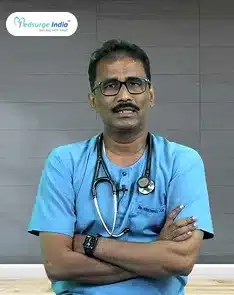
Interventional Cardiologist
Clinical Director
17+ Years
Care Hospital, Bhubaneswar
View Doctor
Interventional Cardiologist
Clinical Director
25+ years
Care Hospital, Bhubaneswar
View Doctor
Interventional Cardiologist
Clinical Director and Head of Department
36+ years
Care Hospital, Bhubaneswar
View Doctor
Interventional Cardiologist
HOD & Senior Consultant
17+ years
Meitra Hospital, Calicut, Kerala
View Doctor
Interventional Cardiologist
Senior Consultant
25+ years
Care Hospitals HITEC City
View Doctor
Interventional Cardiologist
Senior Consultant
10+ years
Care Hospitals HITEC City
View Doctor
Interventional Cardiologist
Director & Senior Consultant
22+ years
Care Hospitals HITEC City
View Doctor
Interventional Cardiologist
Senior Consultant
25+ years
Care Hospitals HITEC City
View Doctor
Interventional Cardiologist
Senior Consultant
28+ years
Baby Memorial Hospital
View Doctor
Interventional Cardiologist
Senior Consultant
14+ years
Baby Memorial Hospital
View Doctor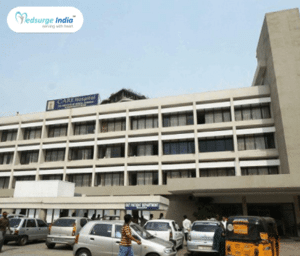
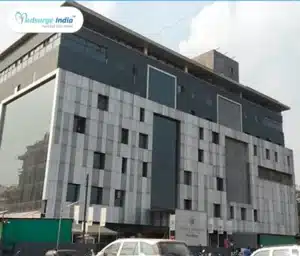
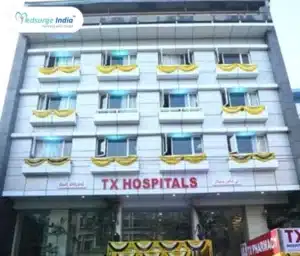
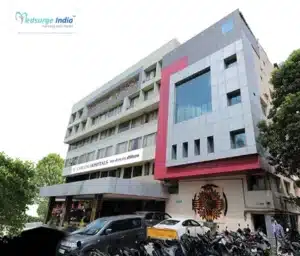



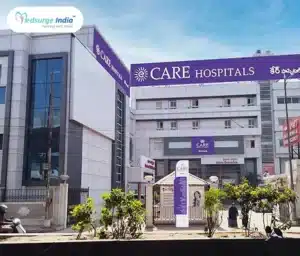
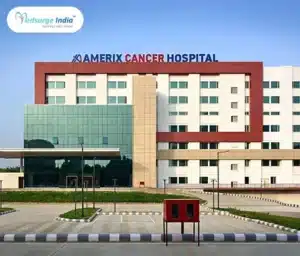
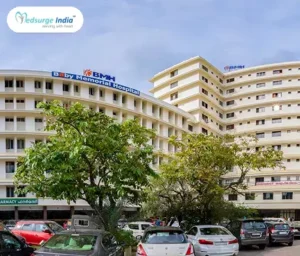
By using our site, you agree to our Terms and Conditions, Privacy Policy and Refund Policy. Medsurge India provides reliable healthcare information and treatment options to support informed decision-making. Our content is designed to support and complement the guidance of your treating doctor, helping you feel informed and confident throughout your healthcare journey. We also Accept International Payments.

Copyright © 2025 NSM ONLINE SOLUTIONS PRIVATE LIMITED. All rights reserved.